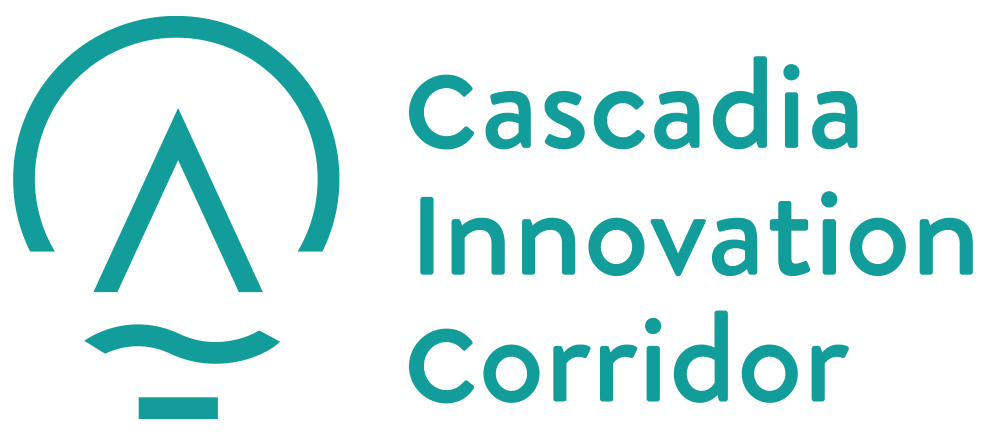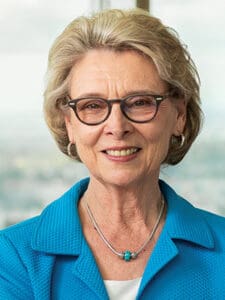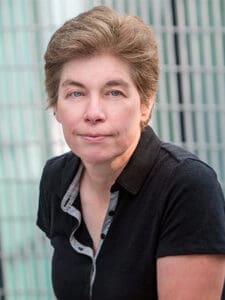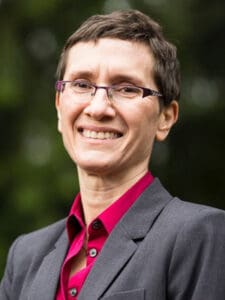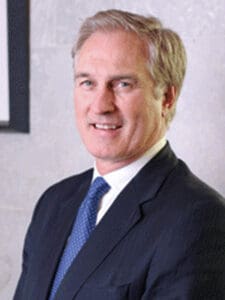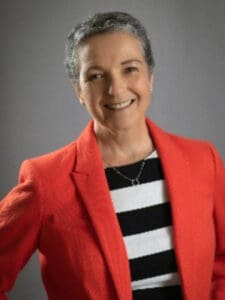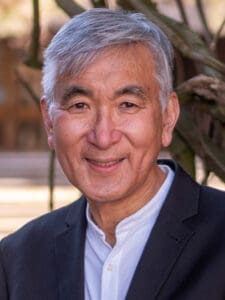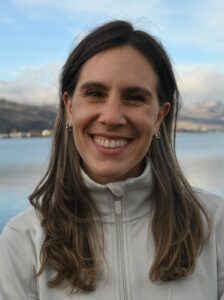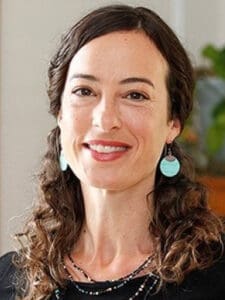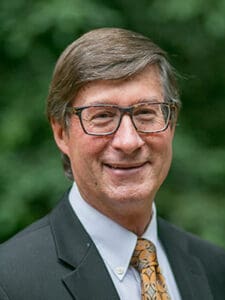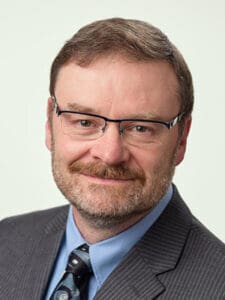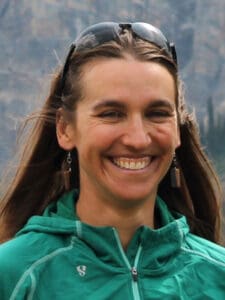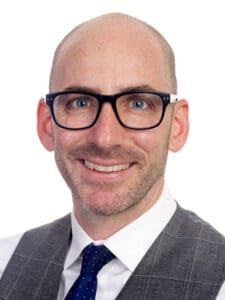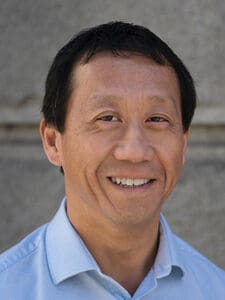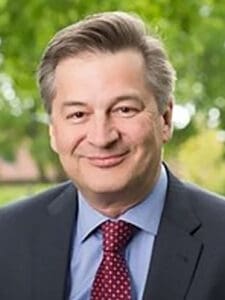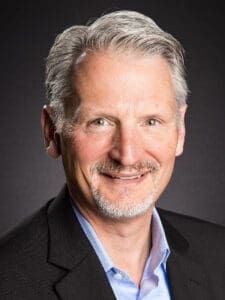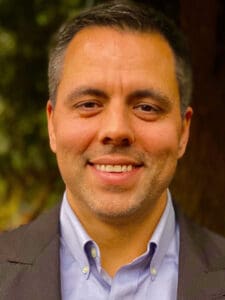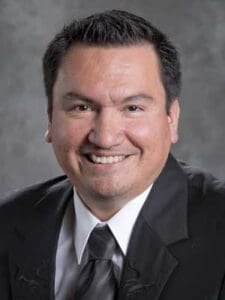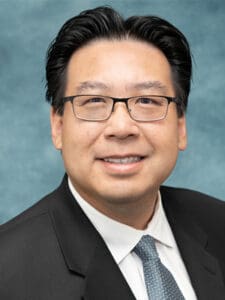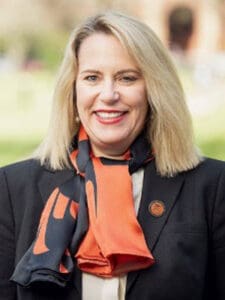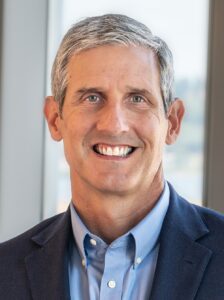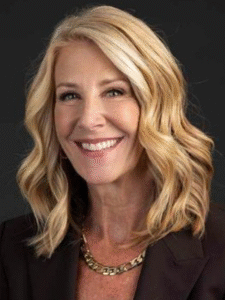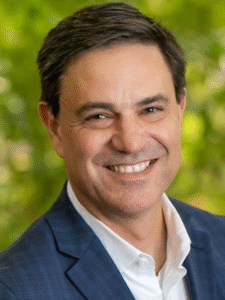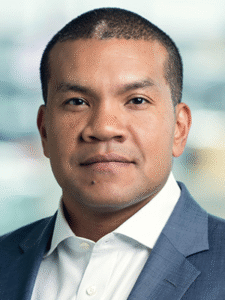October 28-29, 2025 in Seattle, WA
Our Work
![]()
Virtual Forums
Hosted by members of the Cascadia Innovation Corridor Steering Committee, our virtual forums dig into important issues facing the mega-region
Cascadia Wildfire and Urban Smoke Working Group
Our Wildfire and Urban Smoke Working Group conducts regular virtual forums as part of an on-going series. The group includes researchers, policy experts, and technologists addressing issues related to forest fires, forest management (wildland and urban), public health, climate change, city planning, economics, emergency management, and ecology. Since April 2019, the group has held over 100 webinars, recordings of which are available here. We also have held an online symposium, “Wildfire Knows No Borders,” with eight speakers, part of the Cascadia Corridor’s series of Virtual Forums.
If you would like to participate in the monthly webinars and other discussions and receive access to recordings and summaries of the webinars, please send an email to jon.fink@pdx.edu.
2024 forums
2024 Wildfire Season Preview
Tuesday, July 9, 2024
Listen in on this dynamic, one-hour webinar for an in-depth preview of the 2024 wildfire season in Washington, Oregon, and British Columbia. Learn from experts about how weather and climate will influence wildfire risks in Cascadia. We’ll delve into how the three jurisdictions are preparing, proactively managing wildfire threats, and leveraging the latest technology to support their wildfire response. We will also discuss how we can work together to further mitigate and prepare for the wildfire risks in our region.
Cross-Border Opportunities for Indigenous Innovators
Monday, April 29, 2024
Join Canadian Indigenous innovators and startup leaders for this 45-minute webinar as they share the importance of Indigenous businesses to the economic vitality of the mega-region and discuss opportunities for entering cross-border markets. Panelists participated in a 12-week accelerator run by the NW Innovation Resource Center in partnership with Global Affairs Canada’s Trade Commissioner Services and Trade & Investment British Columbia.
Panelists:
- Logan Ashley, CEO/Founder, Adaptive Homes
- David Pereira, COO, Animikii
- Nico Santo, Pacific Northwest Director, Trade and Invest BC
- Diane Kamionka, Executive Director, NW Innovation Resource Center
2023 forums
Driving Equity Through Innovation Clusters
Wednesday, December 13, 2023
Innovative technology clusters create and leverage synergies across startups, academia, investors, corporations, and government to drive growth and equity. They do so in a variety of ways, including by prioritizing capacity-building and increasing access to technology for underserved or marginalized populations. This dynamic one-hour discussion will focus on how technology superclusters can drive equity in the Cascadia mega-region, as well as the priorities ahead.
Wildfires and Smoke in the Mega Region
Tuesday, December 5, 2023
A conversation with leading wildfire and smoke experts in our mega-region In the 2022 Cascadia Innovation Corridor report, “Moving to Climate Action,” wildfires were highlighted as a priority area for continued cross-border collaboration. Wildfires and smoke know no borders, so partnership is key as we address the climate crisis and protect the health, safety, and natural splendor of the mega-region. During this hour-long virtual forum, leaders in wildfire response, prevention, and recovery, forest health, and wildfire smoke shared their current priorities, highlighted where there is existing cross-border collaboration, and discussed additional opportunities to address common challenges together.
Panelists:
- Hilary Franz, Washington State Commissioner of Public Lands
- Ian Meier, Assistant Deputy Minister, B.C. Wildfire Service
- Subject matter experts from EPA Region 10
2021 forums
Meeting the Net Zero Decarbonization Challenge
Wednesday, June 23, 2021
In response to our federal Clean Canada plan to be net zero carbon emissions by 2050 and B.C.’s legislated 80% reduction target, considerable efforts must be made by governments, academia, and the private sector to create, find, and implement innovative solutions to reduce atmospheric carbon. The Cascadia region, with its wealth of clean energy assets, nature-based carbon capture opportunities, and culture of environmental stewardship is well-poised to be a North American leader in this effort.
The University of Victoria, Canada’s Digital Technology Supercluster, and the Cascadia Innovation Corridor have teamed up to engage in an expert panel and ideation workshop to discuss these challenges and the related opportunities.
Cascadia’s Transformative Tech: Innovating Across Borders
Wednesday, June 2, 2021
The Cascadia region has a deeply rooted reputation as a hotspot for tech and innovation from aerospace to personal computers to gaming, cloud computing, and virtual reality. Today, the Cascadia Innovation Corridor is a global cluster of tech talent and capital and has grown leading firms in quantum computing, blockchain, and augmented reality.
All of these technologies serve a global – and local – client base and enable innovative solutions and economic growth across sectors including agriculture, resource development, life sciences, and transportation.
The third 2021 virtual forum, Cascadia’s Transformative Tech: Innovating Across Borders, included a virtual conversation with tech leaders whose firms exemplify the benefits and opportunities created by the Cascadia Innovation Corridor. Together, we explored how quantum, blockchain, and augmented reality are defining the region, how these technologies are supporting our traditional sectors and the environment, and how they are influencing the workplace as we transition through the pandemic.
Modern Ecocities in the Cascadia Innovation Corridor
Tuesday, May 18, 2021
As the Cascadia region anticipates welcoming as many as 4 million more people in the coming decades, cities, businesses, and post-secondary institutions across the Pacific Northwest are exploring how to work together to build more modern, sustainable communities. Through meaningful partnerships, municipalities, citizens, and local industries can create more livable urban spaces and close their sustainability gaps. The Cascadia Corridor has already embarked on shared sustainability endeavors such as the Pacific Coast Collaborative and the Hydrogen Highway. How do we continue to advance partnerships and participation in the development of the future?
The second 2021 virtual forum, Modern Ecocities in the Cascadia Innovation Corridor, focuses on developing more sustainable cities and the training and educational tools available to support those efforts, including micro-credentialing. Speakers included the Manager, of Municipal Programs at BCIT’s Centre for Ecocities, Cora Hallsworth, who introduced the concept of modern ecocities and bridge into a discussion among city sustainability leaders, industry, and educators from B.C., Washington, and Oregon on new approaches and ways to collaborate to achieve shared sustainability goals.
ULI Northwest: Cascadia – The Next 5,000,000 People
Episode 1 / Designing the Cascadia Megaregion
Tuesday, May 18, 2021
Featuring Jonathan Barnett (Professor Emeritus of Practice in City & Regional Planning, Univ. of Penn.), author of Designing the Megaregion.
Episode 2 / Accelerating Connection and Recovery
Wednesday, April 28th, 2021
Featuring Rep. Seth Moulton (MA 6th District) and Rep. Suzan DelBene (WA 1st District), co-sponsors of the American High-Speed Rail Act.
Episode 3 / Regional Planning & Megaregion Analysis
Tuesday, June 15th, 2021
Featuring Christine Gregoire, CEO, Challenge Seattle and former Washington State Governor; Eric Sparks, Partner, Boston Consulting Group; and Lynn Peterson, Council President, Oregon Metro.
Cascadia Life Sciences Leading in the Global Fight Against COVID-19
Tuesday, February 2, 2021
The Cascadia Innovation Corridor’s first virtual forum of 2021, Cascadia Life Sciences Leading in the Global Fight Against COVID-19, was co-hosted by David Grossman, M.D., M.P.H. National Senior Medical Director for Community Health at Kaiser Permanente and Lesley Esford, Ph.D., life sciences industry expert, and Co-Chairs of the Cascadia Innovation Corridor Sub-Committee on Life Sciences. The forum featured many local life sciences leaders from the front lines of the COVID-19 battle, including two panel discussions, one of which focused on Cascadia’s involvement in the development of COVID-19 diagnostics, R&D and testing implementation experiences in the region and the second focused on vaccine research and therapeutics development for COVID-19 happening in B.C. and Washington State.
Researchers, life sciences companies, and healthcare professionals in the Cascadia Innovation Corridor have played a leading role in the global fight against COVID-19. The development of treatments, diagnostics, vaccine technology, and the coordination of vaccine trials continues to advance at a rapid pace due in part to local leadership and collaboration across the Pacific Northwest.
2020 forums
Sustainable Agri-foods and Agri-tech in Cascadia
Friday, November 20, 2020
The Cascadia Innovation Corridor hosted the Sustainable Agri-foods and Agri-tech virtual forum, which explored COVID-19’s impact on supply chains for local producers, buyers, and our emergency food system, as well as how the growing agri-tech sector is expanding opportunities for local farmers.
The session was hosted by the Co-chairs of the Cascadia Innovation Corridor sub-committee on sustainable agriculture, Dr. Rickey Yada, Dean of UBC Faculty of Land and Food Systems, and Chad Kruger, Director, Western Washington College of Agricultural, Human and Natural Resources Sciences.
Wildfires and Urban Smoke Know No Borders
Tuesday, October 27, 2020
Wildfires and Urban Smoke Know No Borders, a cross-border collaboration on research and management approaches, featured forestry management researchers, government officials, conservationists, and academics from all along the West Coast of Canada and the U.S.A. for a discussion on wildfires and urban smoke. The conversation canvassed topics including the risk of wildfire in urbanized wet forests, how universities can help guide the translation of forest management science into climate-smart public policy, and how to minimize future carbon emissions, wildfire damage, and smoke impacts on health while also supporting a growing bioeconomy.
Connecting the Cascadia Corridor
Friday, October 9, 2020
The Cascadia Vision 2050 report offered recommendations on how the mega-region can serve as a global model for sustainable growth.
With new analysis from Boston Consulting Group, the report and forum examined challenges faced by today’s high-growth mega-regions associated with maximizing opportunity while managing environmental impact, the availability of affordable housing, and congestion. Forum participants explored a bold approach to sustainable growth in Cascadia which proposed building hub cities on underdeveloped lands and connecting them to the larger centers via high-speed transit.
This report and forum examine how the Cascadia region can sustainably manage its growth while continuing to elevate its global significance as a center for opportunity, inclusivity, innovation, and investment. Cascadia can build a more sustainable future and set a global example by being the first to address these challenges with a cohesive, mega-regional approach to growth.
Innovating International Travel
Tuesday, September 15, 2020
Innovating International Travel was co-hosted by Dr. Laurie Trautman of Western Washington University and Matt Morrison of the Pacific Northwest Economic Region, Co-chairs of the Cascadia Innovation Corridor’s sub-committee on efficient cross-border movement. As we collectively manage the health and economic impacts of COVID-19 in our region, Cascadia is well-positioned to provide leadership and build confidence in the development of new, safe global standards for international travel. The first of our virtual forums explored how the assets and ongoing pilot projects in the Cascadia region can be leveraged to create new solutions and the opportunity for border regions to help craft international health preclearance protocols.

